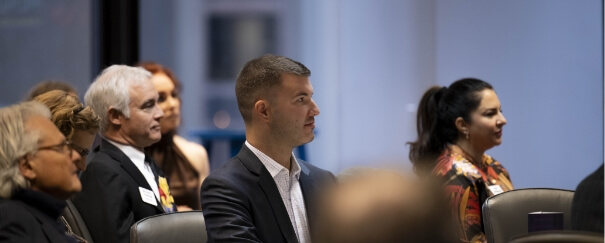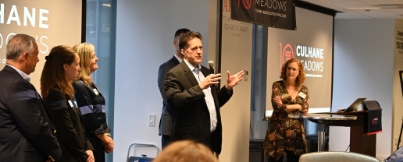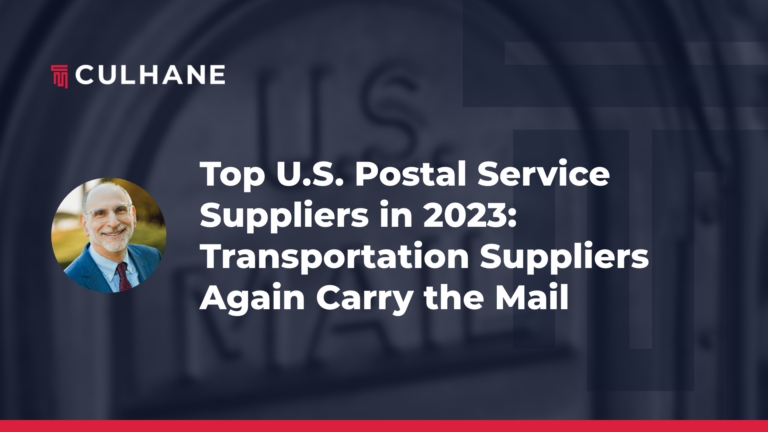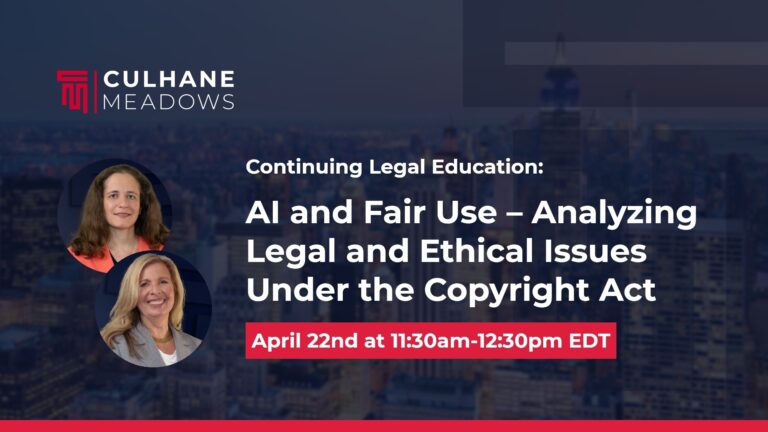 Scott Anderson, co-chair of the Intellectual Property group at Culhane Meadows, was interviewed and featured in an article on IPWatchdog.com about the high-profile lawsuit of Waymo v. Uber concerning driverless car technology. The article, titled “Waymo v. Uber: a Gordian Knot Gets Tighter,” focuses on how the case initially started as a trade secrets litigation, but has since mushroomed into a high stakes game involving patent infringement, unfair competition, private arbitration, unlawful termination and the Fifth Amendment right against self-incrimination.
Scott Anderson, co-chair of the Intellectual Property group at Culhane Meadows, was interviewed and featured in an article on IPWatchdog.com about the high-profile lawsuit of Waymo v. Uber concerning driverless car technology. The article, titled “Waymo v. Uber: a Gordian Knot Gets Tighter,” focuses on how the case initially started as a trade secrets litigation, but has since mushroomed into a high stakes game involving patent infringement, unfair competition, private arbitration, unlawful termination and the Fifth Amendment right against self-incrimination.
Anderson’s interview centered on the legal analysis of Uber’s firing of engineer Anthony Levandowski, who Waymo (i.e., Alphabet, Google) accused of downloading thousands of trade secrets before his technology start-up Otto was acquired by Uber. Here is an excerpt of the article featuring Anderson’s analysis:
Levandowski Firing, Fifth Amendment, Criminal Prosecution
As the Waymo vs. Uber case has proceeded, interesting and unusual developments have occurred. Under direction from the court, Uber fired Levandowski from his position as head engineer for the company’s driverless car project on May 26 when he refused to return 14,000 computer files at the center of the dispute. Levandowski contended that to return the files would amount to waiving his Fifth Amendment right against self-incrimination.
Uber may also have removed Levandowski from its control in an attempt to delay the trial, set for October. That’s because his departure might require Waymo to add Levandowski as a named party, according to IP experts.
“A development like that would likely provoke a new schedule to allow the pleading of new or different defenses and positions by Levandowski individually that he may not have had as an Uber employee,” says Scott Anderson, IP practice co-chair, Culhane Meadows. “Uber moved without success to force the parties to arbitration, a tactic that aligns with the goal of delaying a trial on the merits.”
Nevertheless, the court itself felt sufficient evidence existed in the case to refer the matter for potential criminal prosecution, which former federal prosecutors say is a rare move to do on its own, though it’s possible a sealed motion could have been filed by Waymo urging the court to take the action.
“It is very unusual for a federal judge to refer a civil trade secret dispute to criminal prosecutors for investigation,” says Sara O’Connell, a former federal prosecutor who now works on intellectual property litigation cases for McNamara Benjamin LLP. “If Waymo had wanted to go the route of law enforcement involvement, then it could have itself requested that the case be prosecuted criminally. And perhaps it did—such a request would not necessarily be public.”
And any criminal prosecution could make things very complicated for Waymo, potentially leading to a stay of the civil action while a federal probe gets underway. Also, putting the trade secrets into the hands of government third parties runs the risk of possible additional, inadvertent disclosure, according to O’Connell.
The entire article may be viewed HERE.









